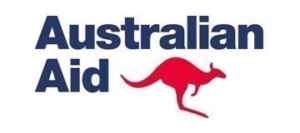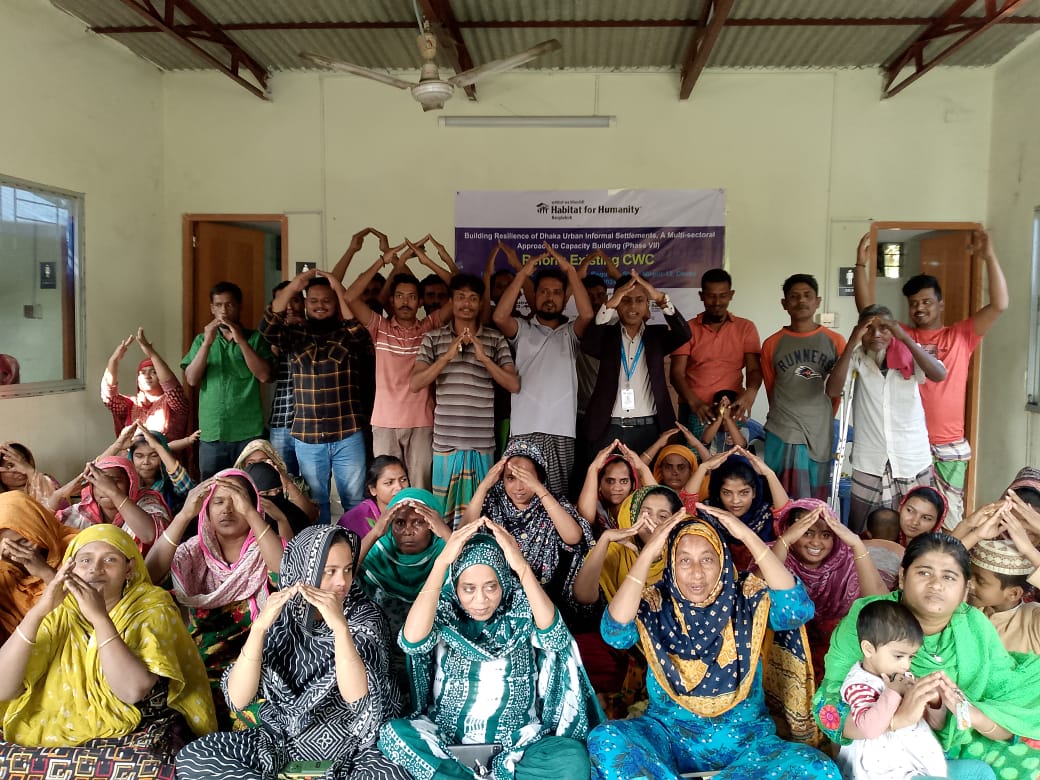Building Resilience in Dhaka’s Slums: Empowering Communities Through Safe Water and Strong Voices
Right in the heart of Dhaka’s Beguntila slum, a major shift is happening. What was once a community dealing with dodgy water, poor sanitation, and limited opportunities for civic involvement is now taking big strides toward resilience and independence, thanks to the hard work of Habitat for Humanity Bangladesh.
One of the most impressive moments recently was the creation of a brand-new Community WASH Committee (CWC) in Beguntila. On November 26, 2024, locals came together to vote in a 25-member committee (11 women, 14 men), tasked with looking after and maintaining key water, sanitation, and hygiene (WASH) facilities. This was a game-changer—putting power back in the hands of the community, and this time, intentionally including women of who are now leading the charge to improve their families’ health and wellbeing.
How Women are Driving Change For Their Families
Through hands-on WASH training, over 25 locals—16 of them women—learnt vital information on hygiene, water safety, and how to keep waterborne diseases at bay. They even talked about Menstrual Hygiene Management (MHM), breaking down old taboos and giving women the tools to improve health outcomes for their families.
The newly formed CWC also got stuck into specialised training to learn how to run and maintain the community’s WASH facilities. Armed with practical guides and cleaning supplies, they’re now well-equipped to look after these critical resources for the long haul.
Fatima, one of the participants, shared, “Before, we had no idea how to fix things when they broke. Now, we’ve got the tools and know-how to look after our own community.”

Partnering for Purpose and Sustainable Policy Change
What makes these efforts even more powerful is that they didn’t happen in a vacuum. In December 2024, Habitat for Humanity Bangladesh brought together government reps, NGOs, and community leaders for a quarterly coordination meeting. They discussed challenges, shared ideas, and looked for new ways to strengthen slum infrastructure and create better livelihoods, making sure the voices of Dhaka’s most vulnerable were heard loud and clear.
These community-led efforts go way beyond just sorting out clean water or better drains—they’re about returning dignity, building self-reliance, and preparing for whatever challenges the future might throw at them.
With continued support from partners, community and local government, we can help even more families in Dhaka shift from just getting by to truly thriving.
This project receives support from the Australian Government through the Australian NGO Cooperation Program (ANCP) and is in partnership with our implementing partner Habitat for Humanity Bangladesh.
Read more impact stories from overseas here: https://habitat.org.au/category/stories-from-overseas



